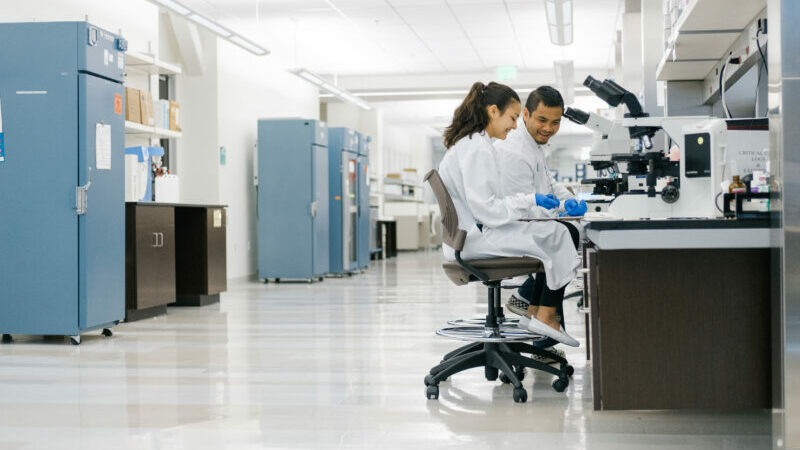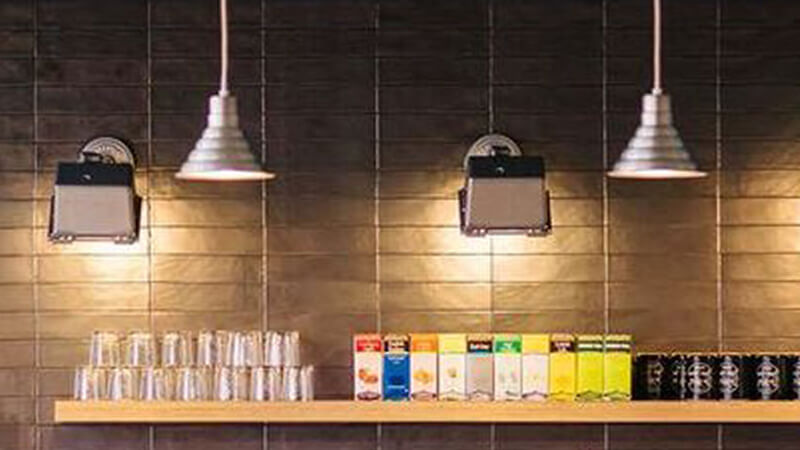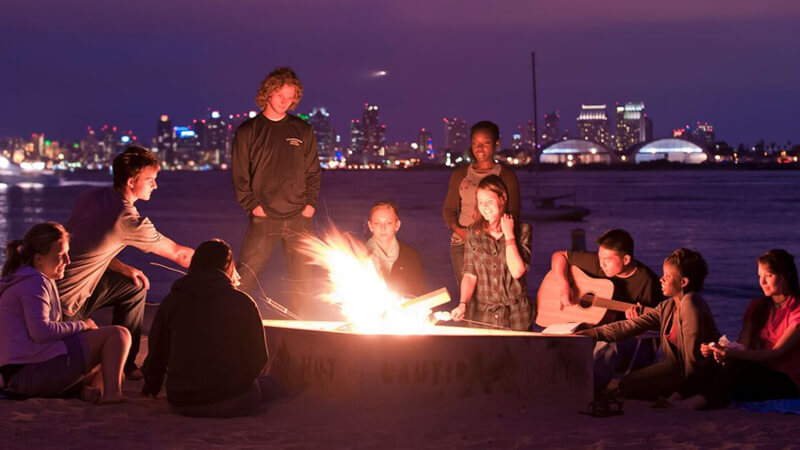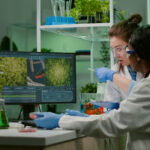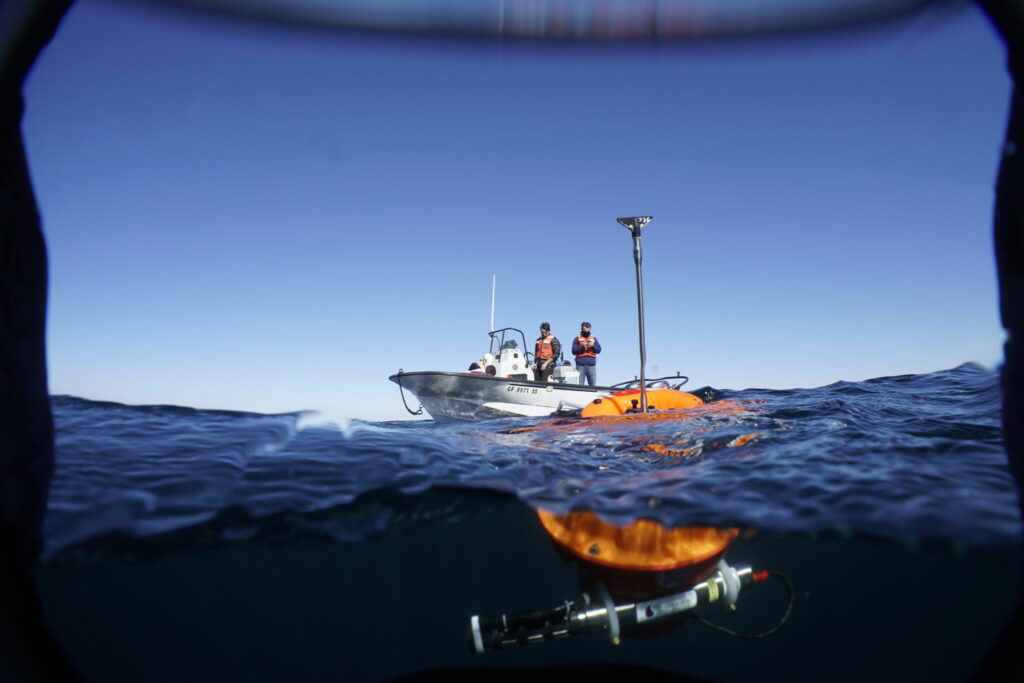
Unexpected innovation: Ocean-focused innovators making waves
Jul 18, 2025 - Mira Paranjape
San Diego wouldn’t be the same without its iconic ocean views. But if we want to continue enjoying our ocean, it’s crucial that we take better care of it. Lucky for us, UC San Diego’s StartBlue Ocean Enterprise Accelerator is supporting San Diego’s ocean-focused startups that are showing us how it’s done. Co-led by the Rady School of Management and Scripps Institution of Oceanography, this program supports startups looking to make waves in ocean innovation.
Discover the work these companies are doing—and how StartBlue is helping them dive deeper.
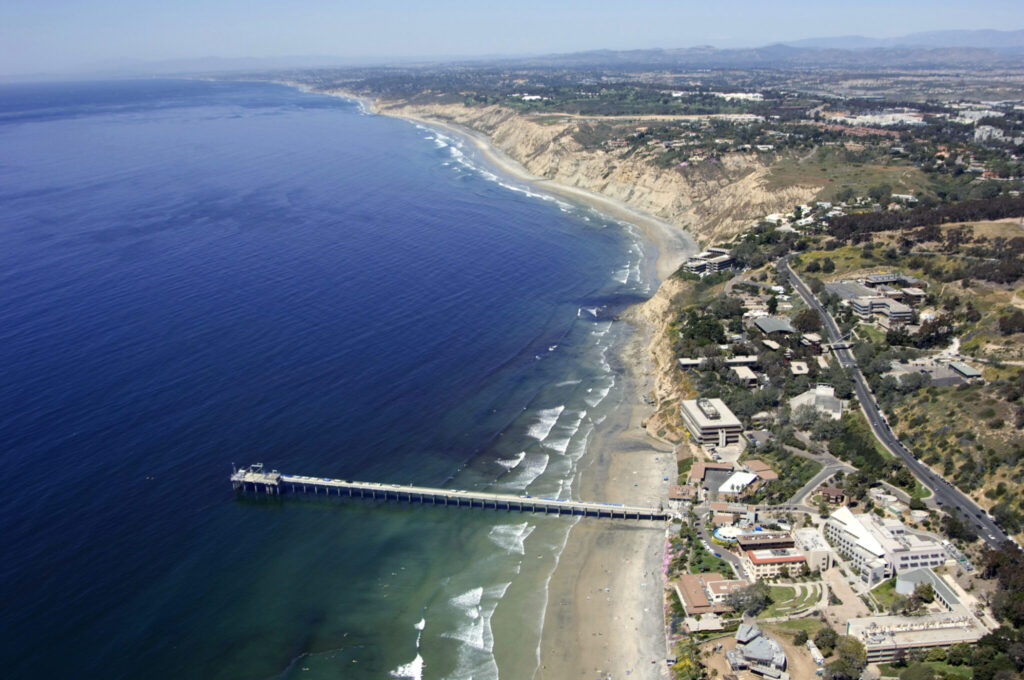
The sun after the stormwater
Picture this: it’s a classic San Diego summer day where you’re catching rays and keeping cool in the ocean. Now imagine instead of chilling in crisp, clean water, you’re wading through harmful substances like oil, metal, pesticides, bacteria, and chemicals. In many urban areas, this scenario is not far from reality.
Stormwater runoff is one of the leading causes of water quality impairment, and it affects us, animals, and ecosystems alike. After flowing through paved streets, parking lots, and polluted surfaces, stormwater potent with pollutants drains into the bodies of water we live and drink from.
In 2021, San Diego startup Kai Pono Solutions joined StartBlue’s first cohort. Kai Pono has committed itself to keeping our waterways healthy with its patented stormwater filtration systems and trash capturing devices. The filtration device is installed directly in curb and gutter lines to ensure stormwater runoff is treated right from the start. But that’s not all the system does; it also tests for chemicals and toxins that wind up in our water to help track the effects of individual storm drains and contaminants.
For many companies, finding funding and connections is challenging—after all, the average person is not an expert on ocean conservation and exploration. StartBlue’s network helped Kai Pono launch a pilot program in Wailea-Makena on Maui and secure an Official Trash Capture Device certification by California State Water Resources Control Board.
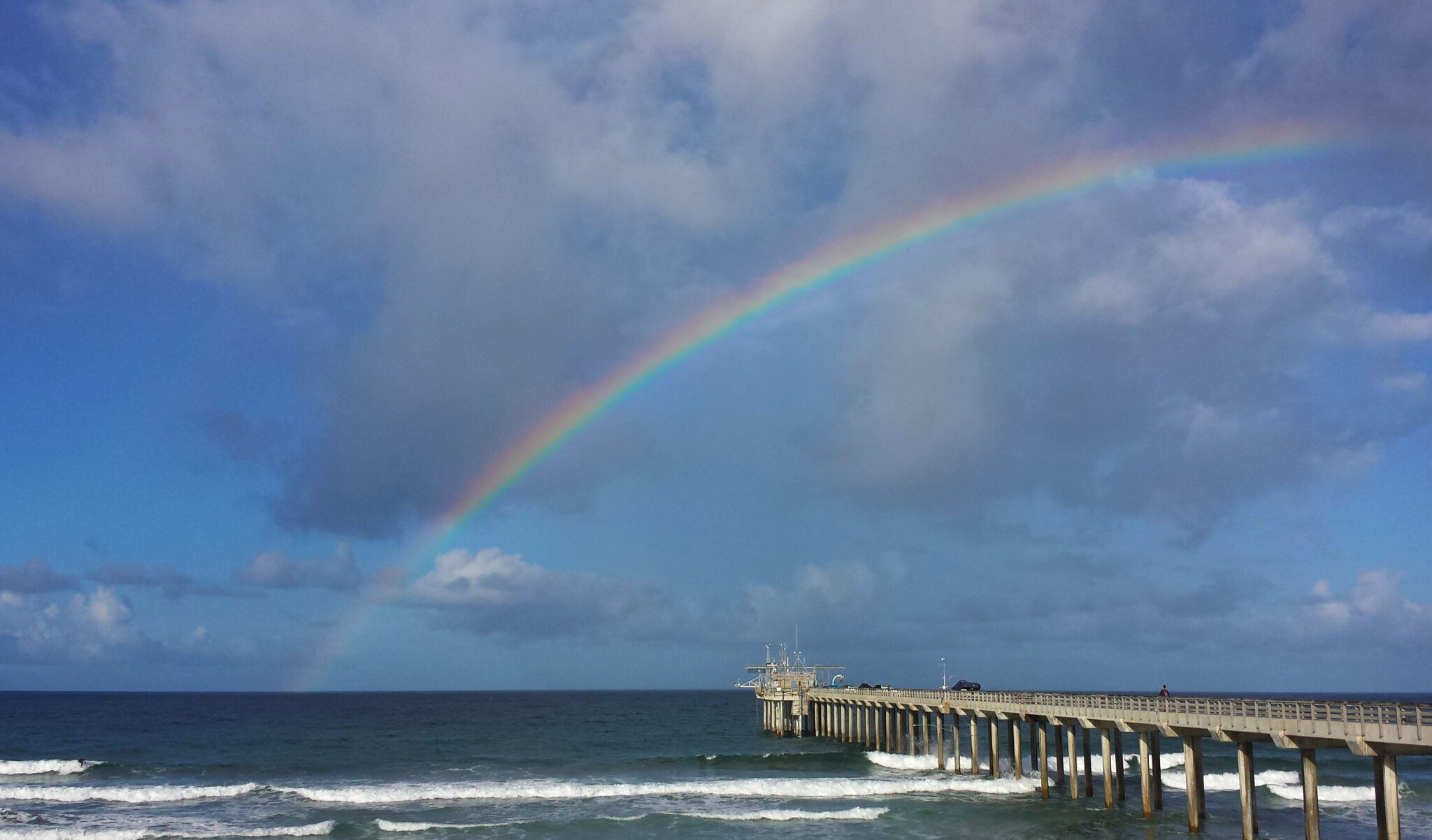
Keeping up with the coral reefs
Coral reefs may be beautiful, but they do so much more than sit pretty under the sea. For many of the ocean’s organisms, coral reefs address a wealth of basic needs: food, shelter, safety, and much more. Above the water, reefs provide food, income, and protection for more than half a billion people. Unfortunately, factors like pollution, unsustainable fishing practices, and climate change continue to affect reefs.
Hybrid Reef Solutions is another alumnus of StartBlue’s first cohort who saw the threats to these crucial ecosystems and decided it was time for a solution. Originating from interdisciplinary research in the Coral Reef Engineering lab at Scripps Institution of Oceanography and Jacobs School of Engineering at UC San Diego, the startup utilizes its team’s expertise across nanoengineering, bioengineering, marine biology, and environmental engineering to innovate nature-inspired technology. The company’s current focus is to facilitate coral repair and recovery by blending engineered and natural elements into resilient reefs.
In 2025, the lab received $50,000 as a UC San Diego Accelerating Innovation to Market awardee and recently announced its latest scientific breakthrough: a gel called SNAP-X that mimics the chemical cues of healthy reefs, boosting coral larvae settlement by up to 20 times in lab tests.
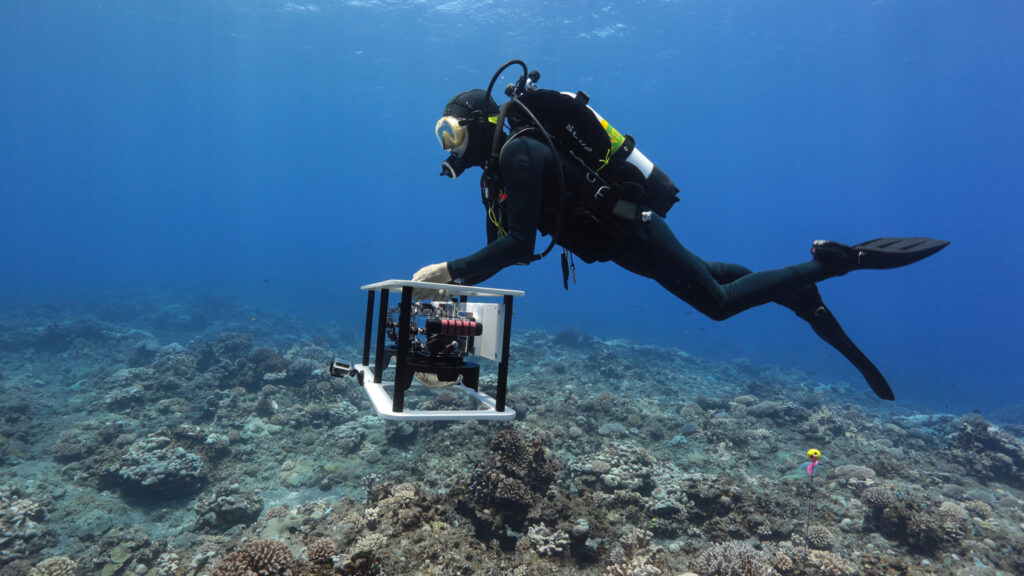
Polar fun with phytoplankton
Before you pick where you’ll vacation next, consider a visit to Antarctica. You can watch wildlife, camp under the stars, brave a polar plunge, and get to know the locals—phytoplankton that is. Now, when you think of this chilly region’s locals, your mind probably jumps to seals or penguins, but phytoplankton are the true star of the Antarctic ecosystem. Thanks to these tiny organisms, many of the Antarctic’s more popular residents stay fed, including penguins, whales, and seals. Unfortunately, rising rates of global warming are threatening the phytoplankton population.
FjordPhyto, a participant in StartBlue’s third cohort, actively involves tourists in collecting measurements and physical samples of phytoplankton during the Antarctic tourism season. Through this data, FjordPhyto is able to see how melting glaciers and changing seasons affect the marine ecosystem. The company’s citizen science approach to data collection continues Antarctica’s legacy of research to protect and preserve the region for future polar visitors.
While part of StartBlue, FjordPhyto co-founder Allison Cusick received UC San Diego’s Student/Alumni Innovator of the Year award for her work to evolve the idea of citizen science and established a multi-year collaboration with Viking Cruises. With support from J. Craig Venter Institute and Scripps Institution of Oceanography, Viking is able to facilitate on board their vessels real-time environmental DNA sequencing of oceanic phytoplankton—which absorb 40 percent of the world’s carbon and provide 50 percent of the world’s atmospheric oxygen.
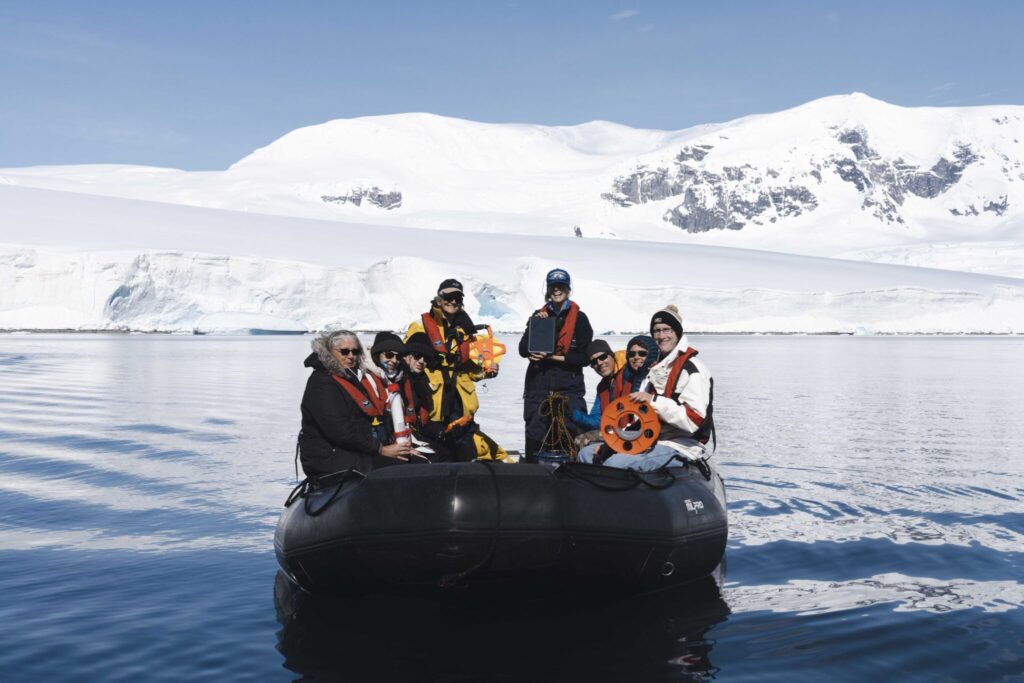
Is your ocean-focused innovation next?
The StartBlue Ocean Enterprise Accelerator, housed at UC San Diego’s Scripps Institution of Oceanography and Rady School of Management, combines world-class ocean and entrepreneurial expertise to help grow ocean-focused startups.
Launched in 2021, the program was recently awarded a $13.5 million grant as part of National Oceanic and Atmospheric Administration’s Ocean Enterprise Initiative to help ocean intelligence startups launch and scale to support the Ocean Enterprise and grow the Blue Economy.
Interested in joining StartBlue? Apply for the 2025 cohort by July 31 and follow StartBlue on LinkedIn to stay current on blue economy and ocean-focused innovation.
